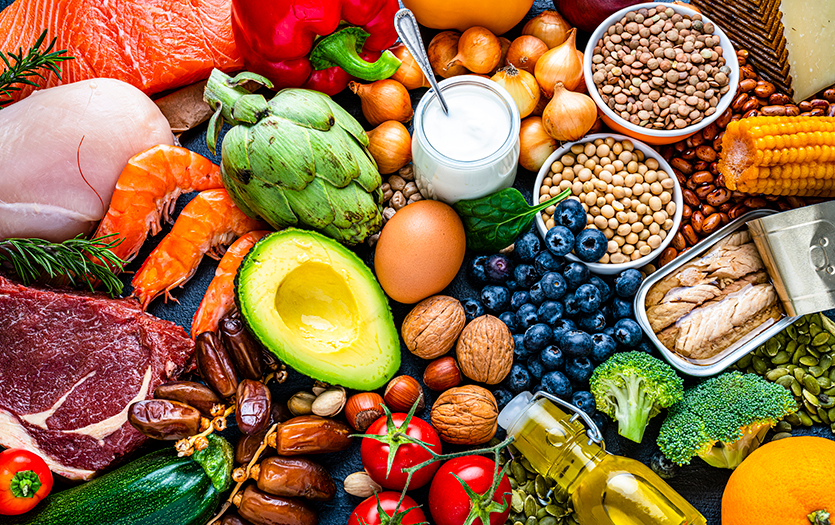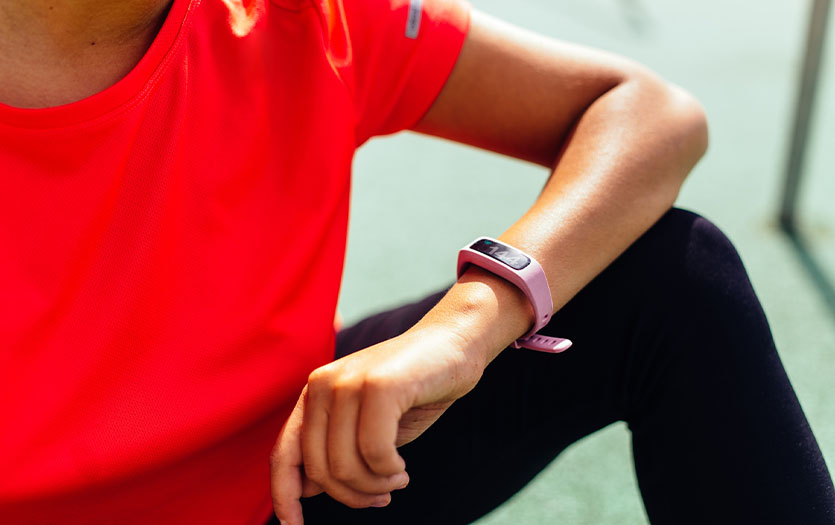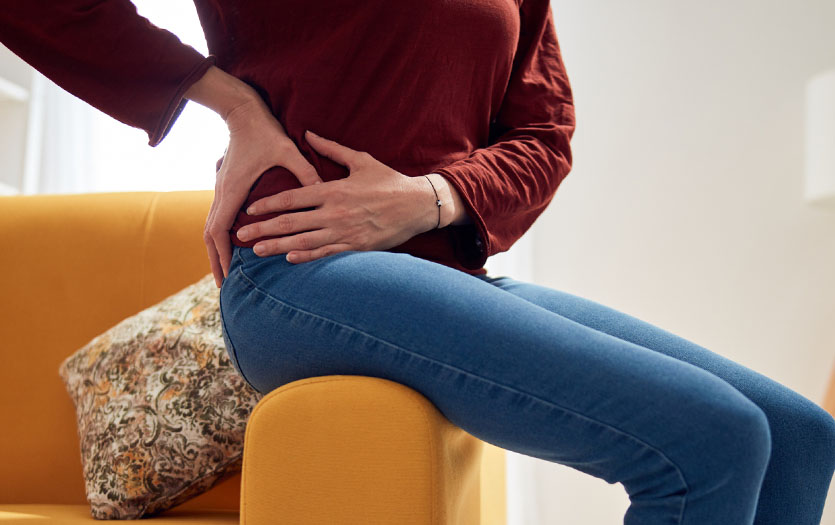
This post was written based on a recent appearance by Adrianne Kartholl, RDN, clinical dietitian, and Kayleigh Shoaff, RDN, clinical dietitian, Parkview Health, on the television program PBS HealthLine.
Amidst the endless sea of health and nutrition advice floating around the internet, nothing beats the guidance and support from a trusted registered dietitian. In this post, we discuss three aspects of nutrition recently posed to us – protein drinks as meal replacements, why not all carbohydrates are equal and kidney stones.
Which high-carb foods should I cut down on?
Carbohydrates are not inherently bad; our bodies need them. When considering the types of foods to be cautious of, we have to look at their source. Foods such as bread, pasta and rice naturally contain carbohydrates. Naturally occurring carbohydrates contain natural sugars, which our bodies know how to utilize better than added sugars. Foods with high added sugars like cookies and ice cream are the ones we should limit.
For more on carbohydrates:
Why I eat a low carb diet: A physician’s journey to better health
Starchy vegetables: friend or foe?
Are carbohydrates good or bad?
Are protein shakes a healthy replacement for a meal?
Protein drinks can be a valuable source of protein, but it’s essential to consider the drink's other nutrition facts. How much fat, added sugar or fiber is in the product? While it’s understandable to rely on protein shakes as a quick meal replacement when you’re on the go, it’s more beneficial to view them as a supplement rather than a substitute for whole meals. Adding a piece of fruit or serving of nuts increases the amounts of healthy fats and fibers, which help you feel fuller longer.
More on protein:
Is protein from powder or food better?
How to get the most out of protein bars and powders
Try varying your protein sources for improved health
What foods should be avoided if I have kidney stones?
Dietary changes to prevent or lessen kidney stones depend largely on the type of stones you’re dealing with. It’s best to consult with your primary care provider, a nephrologist or a urologist to receive personalized recommendations to treat the stones. In general, make sure you are drinking plenty of water to help dilute the waste in your urine that causes the kidney stones to form.
More on staying hydrated:
The impressive correlation between water consumption and longevity
The importance of staying hydrated in the winter
How to be better with beverages
Looking for more nutrition insights?
Schedule a one-time complimentary Ask the Dietitian session with our Center for Healthy Living. During this phone call, receive education and guidance toward better nutrition, improved lifestyle habits and overall enhanced well-being. To schedule your free Ask the Dietitian session, call 260-266-6500 or toll-free 844-835-0003 for more information.



